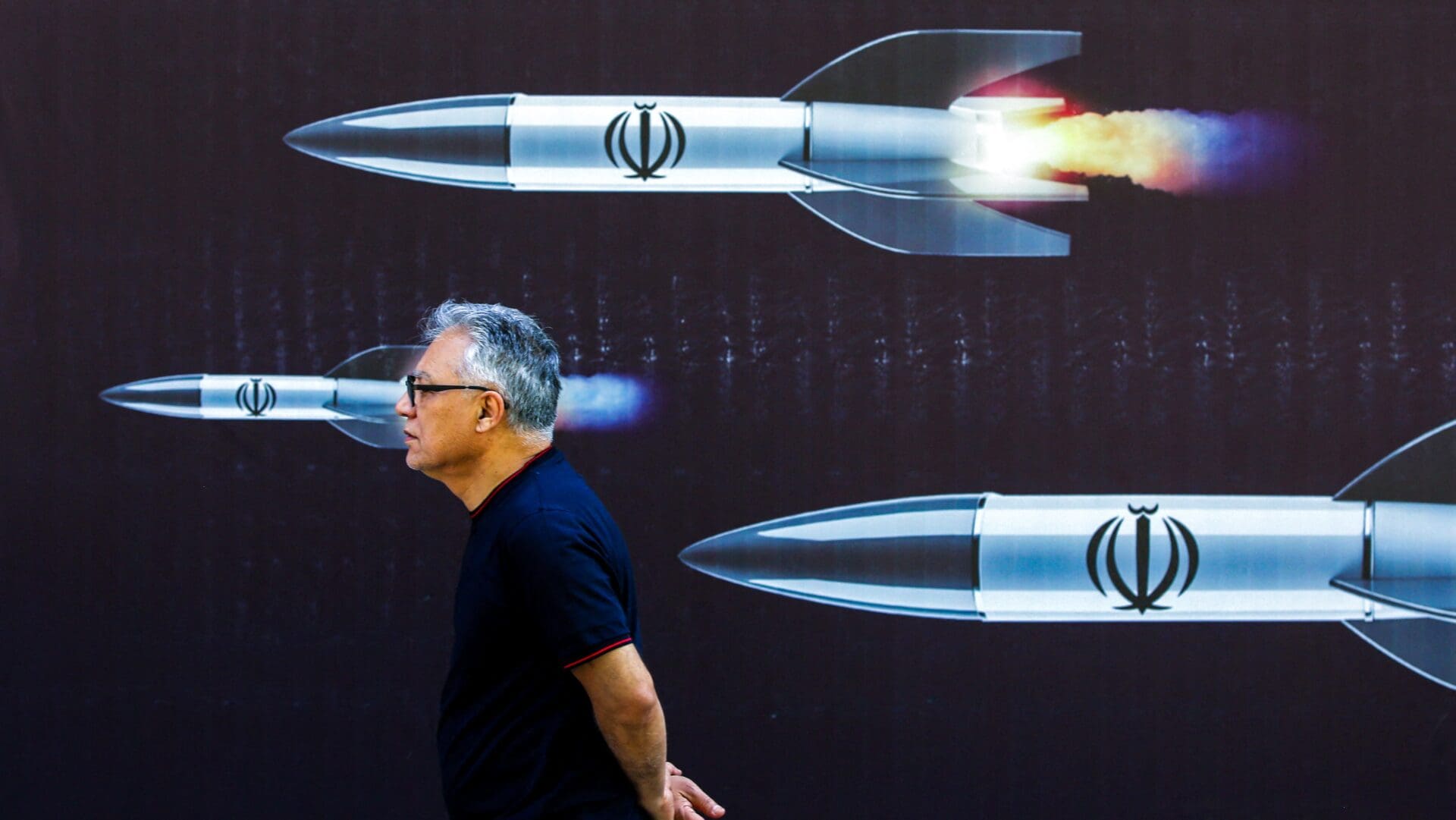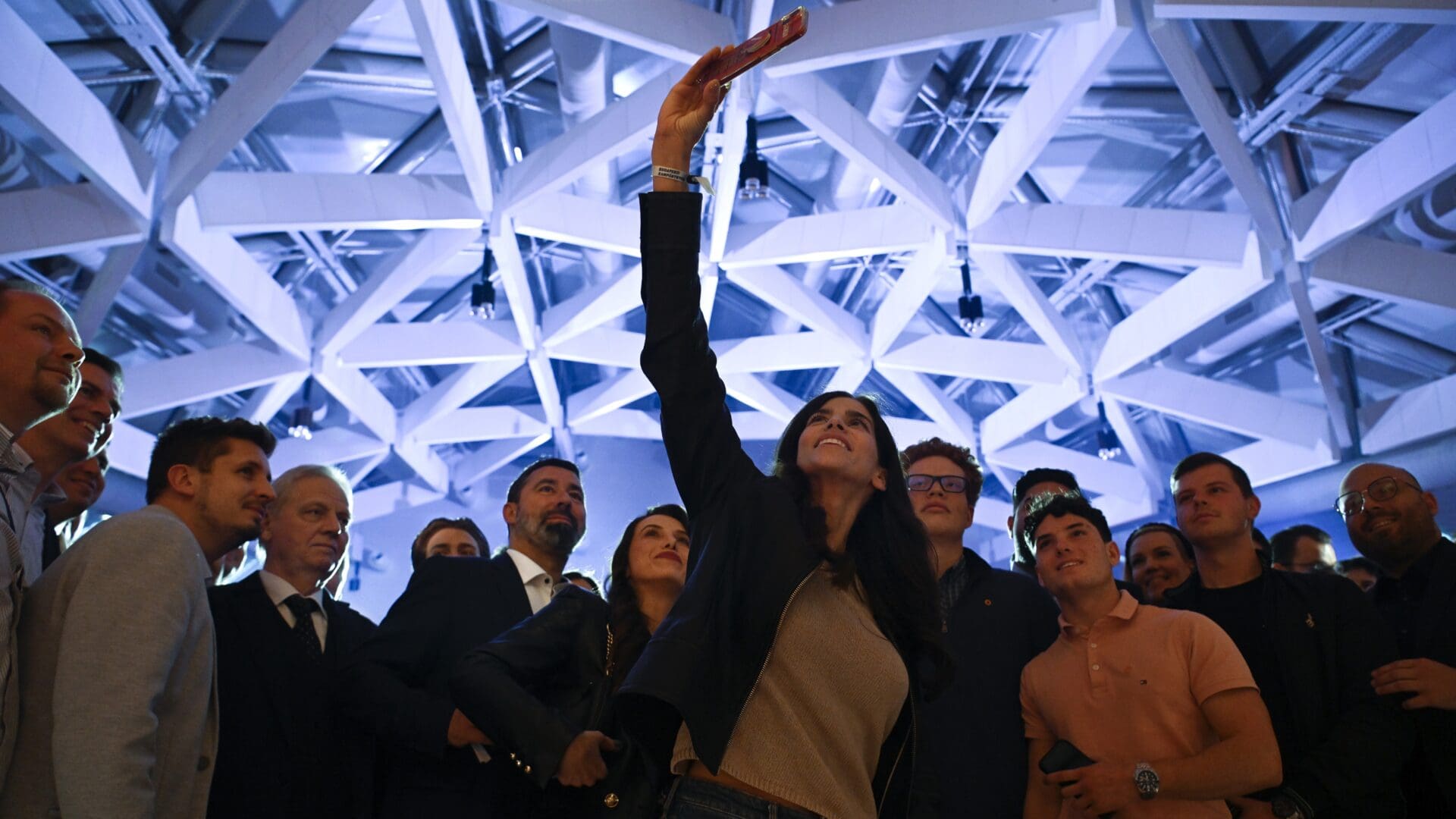
Two Critical Visits to Open New Stage of Hungarian–UAE relations
The recent signing of a military and defence industry cooperation agreement between Hungary and the United Arab Emirates introduces a new dimension to their bilateral relations. Hungary’s status as a NATO member, combined with the UAE’s robust partnership with the alliance, suggests that this agreement may lead to a more pronounced role for Hungary in security collaborations between NATO and the Gulf region.









